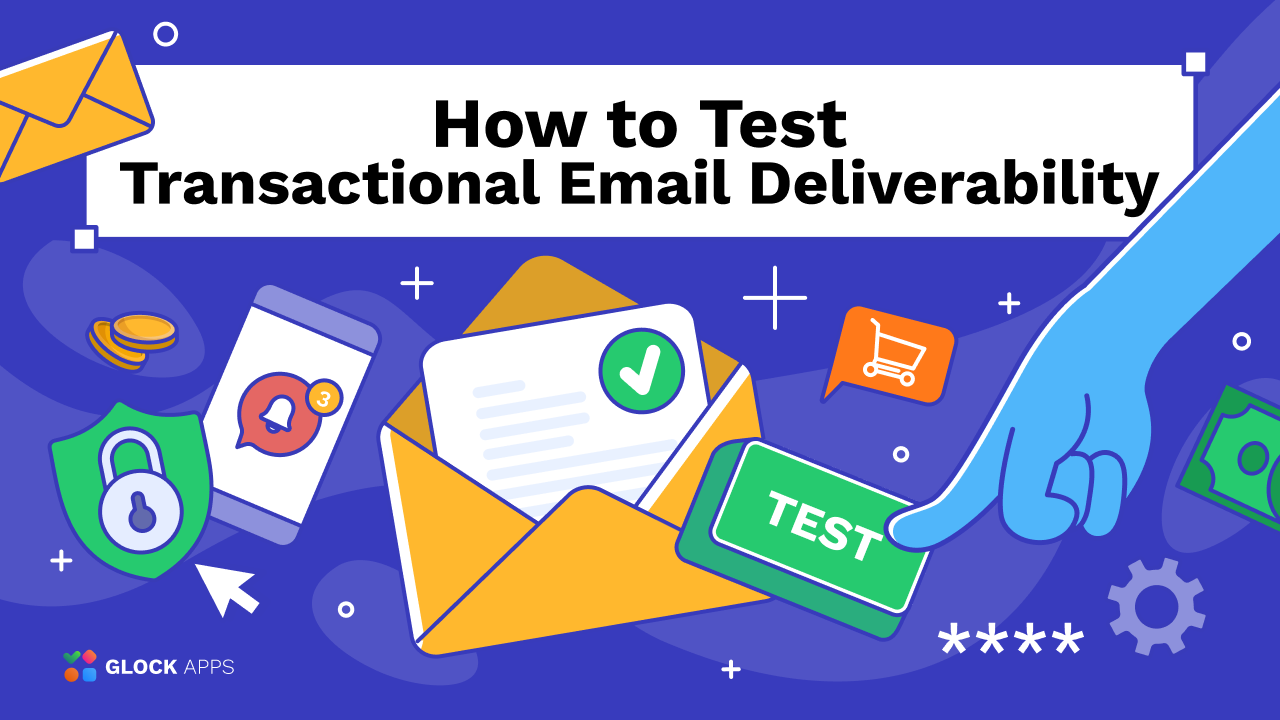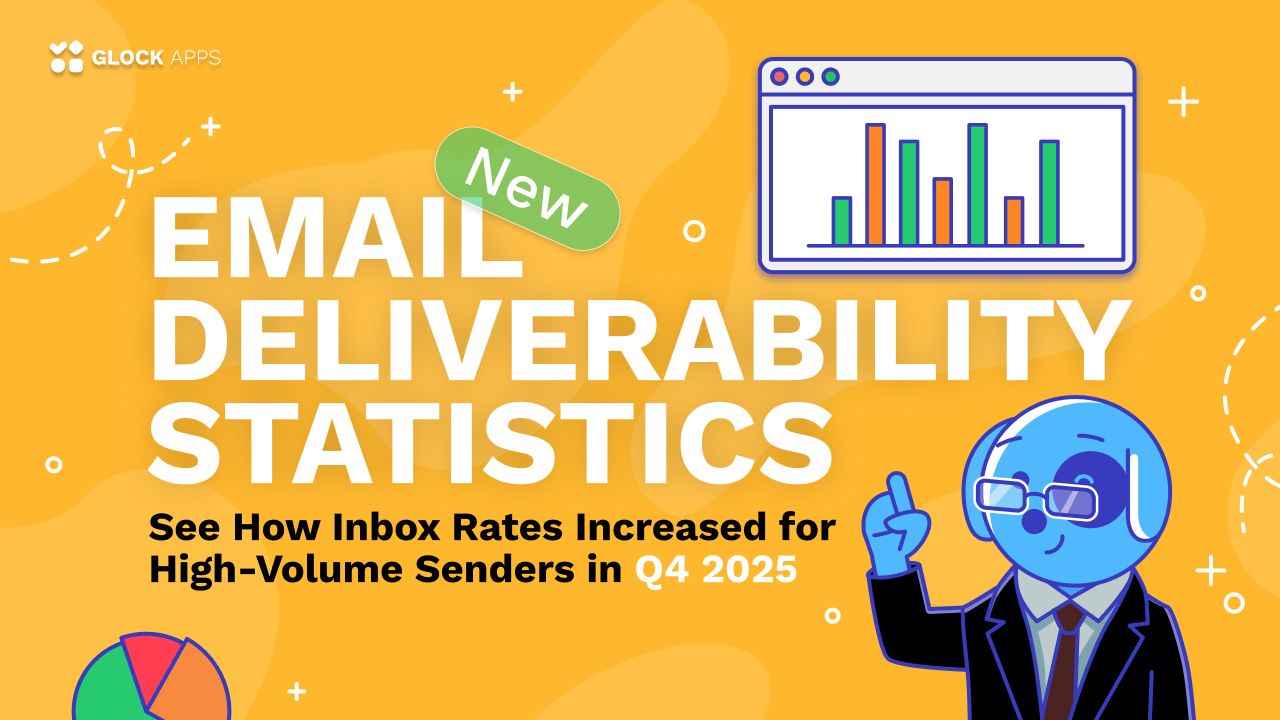Why Add an Unsubscribe Link to Cold Emails
Cold emails are electronic messages sent to a user with whom the sender doesn’t have prior relationship to initiate the communication. Unlike spam emails which are irrelevant and bulk sent, cold emails are targeted, relevant, and personalized.









